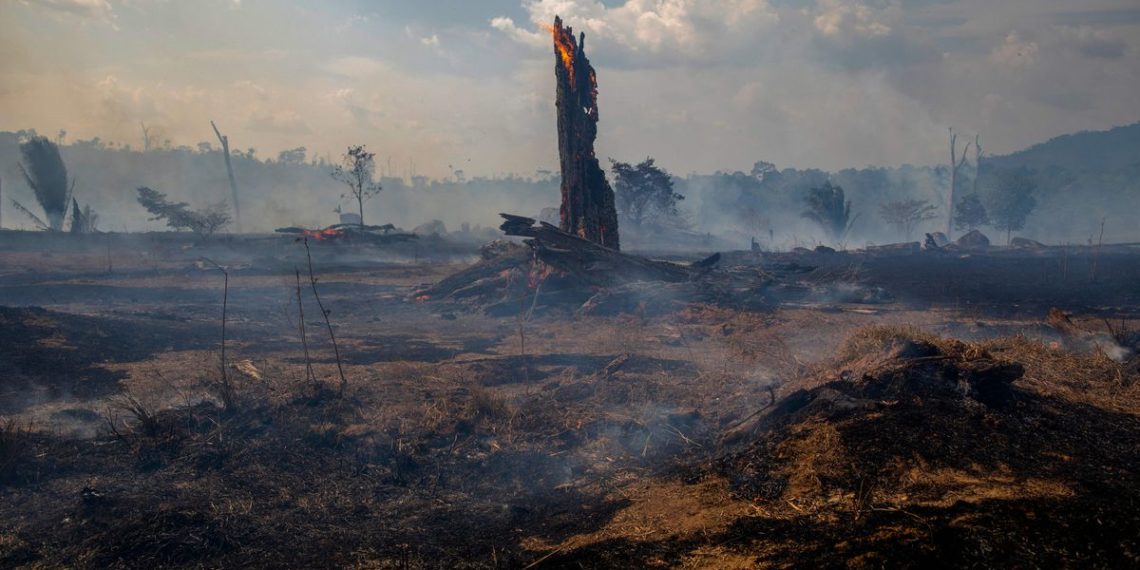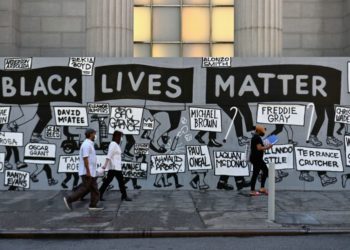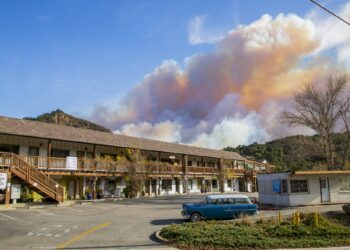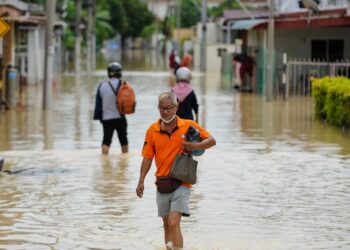The Amazon is still plagued with forest fires that have finally caught the attention – ever so briefly – of international audiences. The primary attribution for this year’s conflagrations points to the administration of Brazilian President Jair Bolsonaro.
But next year’s round of fires in the Amazon rainforest will have an added culprit: politics as usual. California, of all places, deserves a share of this blame.
Bolsonaro has explicitly encouraged illegal miners and ranchers to set fire to the forests to clear the way for their extractive activities. The conditions that spur this destruction have been long set in motion by multinational agribusiness corporations that tacitly allow it. Unless strong signals are sent, these same companies will likely be poised to profit as today’s fires open up the door for tomorrow’s plantations.
California’s Deforestation Act
At the beginning of 2019, California legislators introduced a bill called the California Deforestation Free Procurement Act (AB 572), to address the impact of how the state consumes the rainforest. The bill would require all state contracts with products containing “forest-risk commodities,” such as palm oil, soy, rubber, paper, beef, and timber, to be certified “deforestation free.”
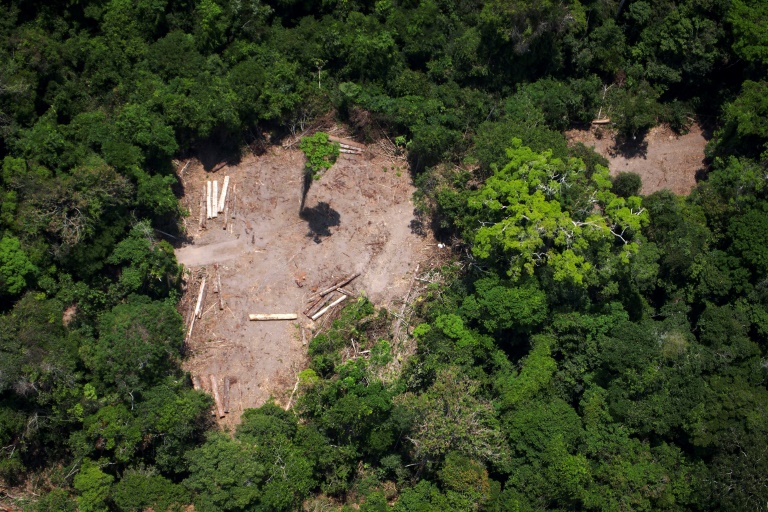
Quietly this fall, after making it most of the way through both chambers of the state legislature, the bill died in committee when a small group of legislators determined that it would cost too much. How they came to that decision and how they were influenced has not come to light yet.
We do know that the leading cause of tropical deforestation is the massive expansion of commodity agriculture. Huge tracts of land from Borneo to Brazil are being cut down to grow palm oil, soy, rubber, pulp for paper, and cattle for beef. This destruction, in turn, leads to other harms, from forced migration when farmers lose their land to violence when unscrupulous companies stop at nothing to get access to forested lands.
True Cost of Forest Destruction
The private sector is already reckoning with the true cost of forest destruction. For companies that depend on commodities originating from tropical forest ecosystems addressing deforestation is rapidly becoming a fundamental cost of doing business.
Already, over 500 companies in these sectors, such as Unilever, Mars, and Danone, have adopted voluntary policies to eliminate deforestation from their supply chains. Yet despite these commitments, forests continue to be destroyed to provide cheap products to the global market.
At the 2014 U.N. Climate Summit, hundreds of governments and companies endorsed the New York Declaration on Forests (NYDF) pledge to cut the rate of natural forest loss by half and restore 150 million hectares of land by 2020. Five years later, however, the annual rate of tree cover loss has increased by 43 percent, reaching over 26 million hectares per year – an area the size of the United Kingdom.
Setting a Standard
AB 572 would have required businesses contracting with California to have robust No-Deforestation policies and to demonstrate that these schemes have been effectively implemented. The law would have created a level playing field for the industry by setting the expectation that all companies in the sectors linked to deforestation risk maintain the same high standards.
The reach of this law would have set an important standard, as so many parts of the government rely on products with international connections, from the food served in school cafeterias to the cleaning products used in state buildings.
Rainforest deforestation is a global concern – I applaud Assemblymember Ash Kalra’s efforts to hold California’s state contractors accountable for their impacts on the environment with AB 572, the California Deforestation-Free Procurement Act.
— Rep. Ro Khanna (@RepRoKhanna) February 20, 2019
In the age of big data, it is relatively easy for companies to trace their supply chains. It’s simple to determine if the fibers in a cardboard box, the palm oil in a chocolate bar, or the rubber in a tire were produced at the expense of tropical forests and the priceless species and indigenous peoples that live there. Both Norway and France have policies that restrict “imported deforestation,” and the entire European Union is considering something similar.
California’s Missed Chance
In California, where the state continues to push its initiative to curb emissions from cars, SUVs, and other passenger vehicles despite federal opposition, the deforestation bill was too difficult to move forward – at least so far.
In 2019, the Brazilian forest fires hogged the spotlight. But last year, California’s wildfire season burned brightest, the most destructive season ever recorded in the state. Climate change helps fuel all of these conflagrations along with many others, and the carbon released by the fires only makes global warming worse.
Destructive agricultural practices and the industry’s drive for profit at all costs are destroying our planet. In 2019, as the world’s forests blazed, California missed a vital opportunity to extend its leadership role. In 2020, we can try again – hopefully before the Amazon starts burning again.
Disclaimer: The views and opinions expressed here are those of the author and do not necessarily reflect the editorial position of The Globe Post.

